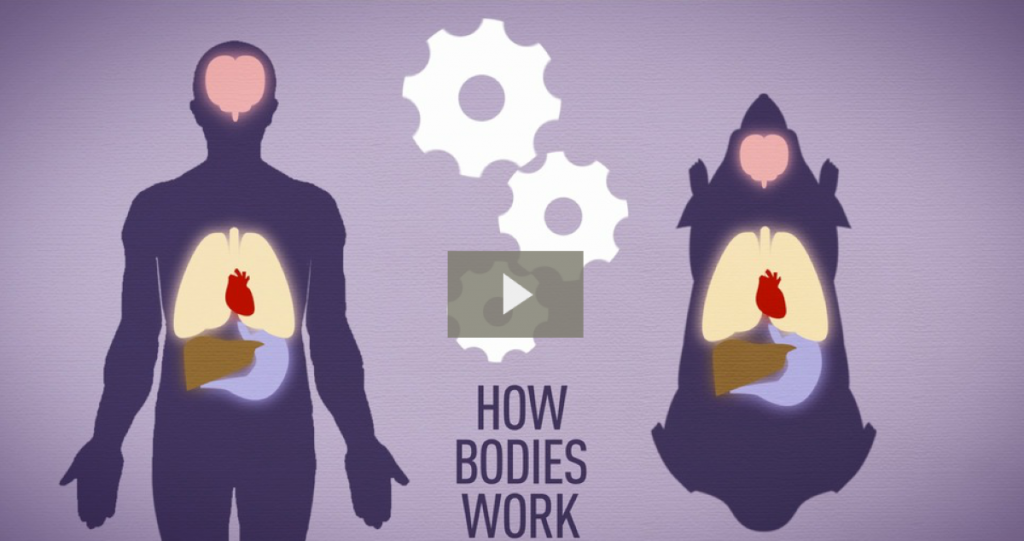Why is animal research needed in pharmacology?
Why animal research is needed in pharmacology
Over the past 100 years, we’ve made human advancement in human and animal medicines. This has been driven by our increased knowledge of how the body works, and the causes of disease. Much of this progress has been made possible by animal research.
Research using animals has given us the knowledge we need to prevent, manage, and treat diseases – sometimes through changes to behaviour, and sometimes using drugs and medicines.
The study of how these drugs change the behaviour of the body is called ‘pharmacology.’ The development of new drugs is difficult. Scientists know that there are many chemical compounds that might help to treat illnesses but finding the ones that work well enough is a big job.
Some tests can be done using computer models or cell cultures but these research methods can currently only be used for simple experiments – they cannot mimic the full complexity of a living system. For more complex experiments, scientists need to use animals.
The bodies of some animals and humans are built in a similar way, with hearts, lungs, nerves, brains and other similarities. By studying how animal bodies work, we can discover more about how human bodies work.
More animal research is conducted using mice, rats, birds and fish – in fact, they make up 97% of research animals.





-01.png)